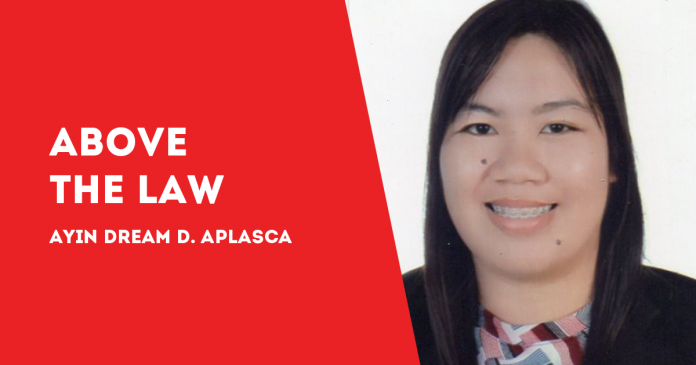
THERE WERE three pending petitions against Ferdinand “Bongbong” Marcos Jr. One among the three was cancelled.
The issue raised in the petition was whether Marcos’ Certificate of Candidacy (COC) should be denied due course or cancelled on the ground that it contains false material representations. The Court of Appeals did not met out the penalty of perpetual disqualification as an accessory for his conviction when he failed to file his income tax returns. Thus, he committed misrepresentation.
The Commission on Elections 2nd Division (Commission) dismissed the petition. Additionally, it ruled that the Court of Appeals (CA) decision “did not categorically hold that the respondent is convicted of a crime involving moral turpitude nor did it positively pronounce that the respondent (Marcos) is meted with the penalty of imprisonment of more than 18 months.”
Accordingly, the Commission ruled that “the Petition merits summary dismissal.”
Under Section 78 of the Omnibus Election Code, the COC may be denied due course or cancelled when it contains false material representation. There is no possible ground other than the latter.
The denial of due course to or the cancellation of the COC is not based on the lack of qualifications but on a finding that the candidate made material representation that is false, which may relate to the qualifications required of the public office he or she is running for. It should be noted that not all stated in the COC are considered material in order to invoke Section 78. Examples of material representation are age, residence, and citizenship.
In the present case, the Commission summarily dismissed the petition citing the second paragraph of Section1, Rule 23 of the COMELEC Rules of Procedure that states “that a petition to deny due course to or cancel certificate of candidacy invoking grounds other than stated above are grounds for disqualification, or combining grounds for a separate remedy, shall be summarily dismissed.”
The petition filed before the COMELEC involved a twin contention – that Marcos was convicted of a crime involving moral turpitude and penalty of imprisonment of more than 18 months – that are both grounds for disqualification. Following the rules of the COMELEC, the petition “shall” be dismissed.
It should be noted that the Commission “are constrained to agree with the Petitioners that the aforesaid two representations in Respondent’s COC actually pertains to a material matter for the simple reason that they refer to Respondent’s qualifications for public office.”
These are indeed material representation, but are not false according to the Commission. In reference to the CA Decision dated Oct. 31, 1997, the Commission ruled that nowhere in the dispositive portion can it be expressly found that Marcos is meted the penalty of perpetual disqualification from running public office.
Interestingly, the Commission did not agree with the theory of the petitioners that Marcos’ conviction for failure to file income tax return render him perpetually disqualified from holding any public office, to vote and participate in any election for the simple reason that to do so would violate the constitutional proscription against ex post facto laws. Why? In view of that, the law to file Income Tax Return (ITR), which is PD No. 1994, was not yet applicable at the time of the commission of the violations. The applicable penalty at that time under Section 73 of 1977 NIRC only provided for either a fine or imprisonment or both, without the accompanying accessory penalty of perpetual disqualification provided under Section 286 of PD No. 1994.
The decision is a good read. I bet everyone will have their own separate opinions.
This may be a “win” for Marcos. But this is just one among the three pending petitions. It is appealable to the COMELEC En Banc. It can be moved to the Supreme Court thereafter./PN

